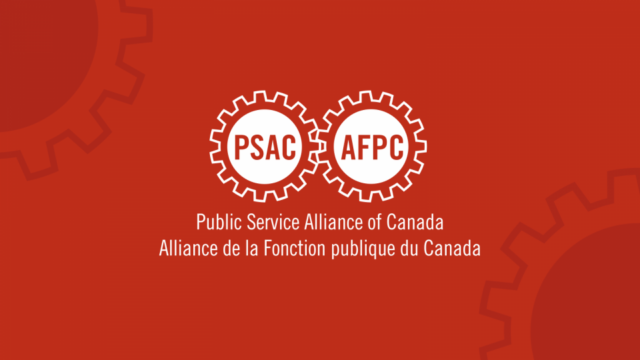The fight for equitable retirement benefits for FB members
PSAC and the Customs and Immigration Union (CIU) have been advocating for over a decade for equitable retirement benefits for CBSA law enforcement personnel working at the Canada Border Services Agency (CBSA). In the last round of bargaining, FB members won a commitment from Treasury Board to support this – it’s time the government follows through.
Almost all law enforcement and public safety workers — both provincially and municipally — receive “25 and out” early retirement benefits, with very few exceptions. This includes firefighters, air traffic controllers, RCMP constables, operational employees of the Correctional Service of Canada, and more.
Allowing CBSA law enforcement officers to access the same early retirement benefits would allow our members to retire with dignity after 25 years of service, without any penalties.
CBSA law enforcement personnel work in demanding and physically challenging roles, and face similar physical demands and risks, yet are not afforded the same retirement benefits as their counterparts in other law enforcement agencies.
Instead, many older employees are given limited duties as they near retirement, as firearm and use of force certification become more difficult.
Without the prospect of fair retirement benefits, it can be challenging for CBSA to attract and retain talented workers at a time when the agency is already short-staffed.
It’s time the Treasury Board did the right thing and implemented pension reform.
Providing equitable and early retirement benefits will not only improve the overall well-being and job satisfaction of PSAC-CIU members working at CBSA, but also ensure a sustainable workforce by improving recruitment and retention.
This article was first posted on the PSAC website.






